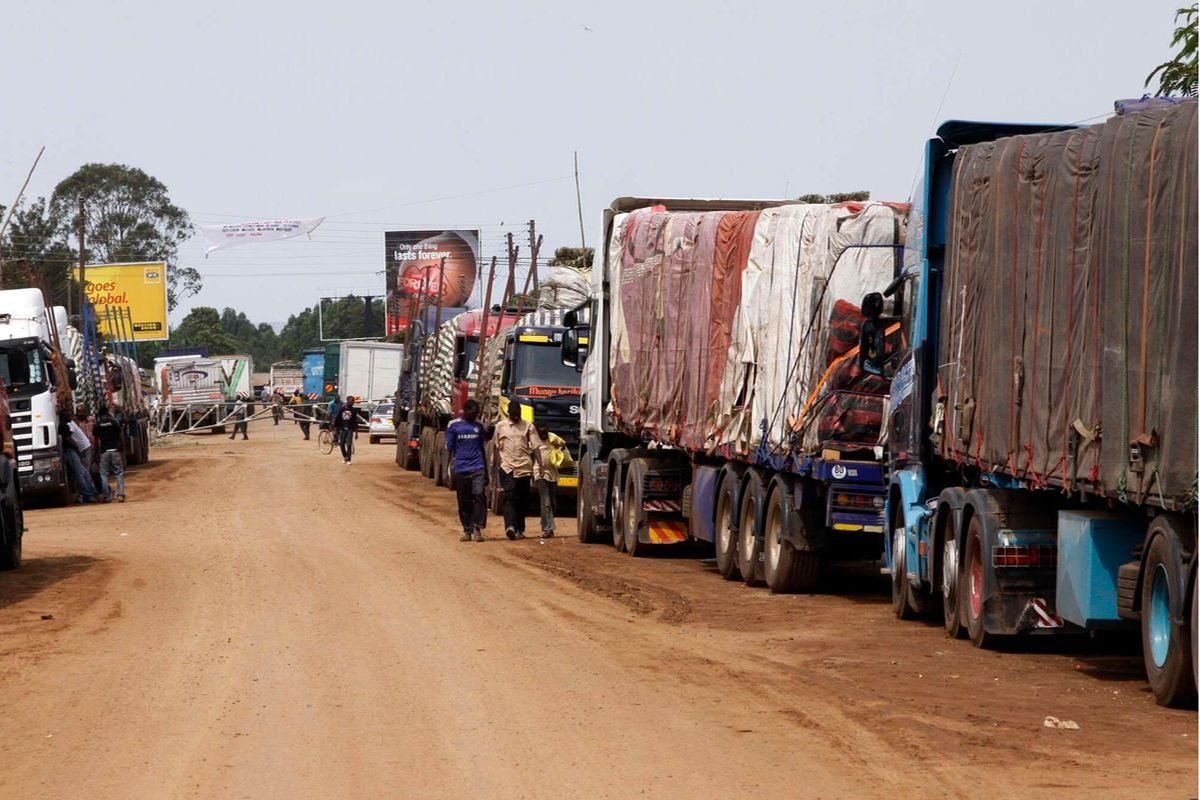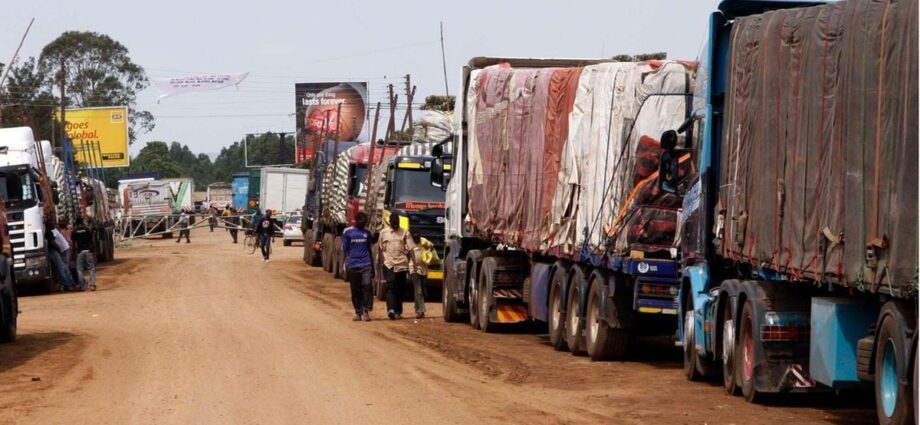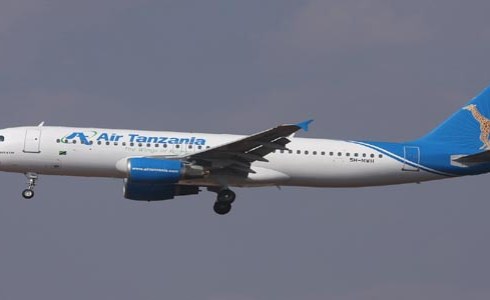
The value of intra-Africa trade declined to $190.9 billion in 2023, demonstrating persistent challenges that African economies continue to face in trading with one another under the continental Common Market, blamed on both tariff and non-tariff barriers.
As a result, the share of intra-African trade in total declined to 14.4 percent, from 14.7 percent in 2022, according to a new report by Afreximbank.
In 2022 intra-Africa trade made an impressive growth of 20.6 percent, according to Africa in Figures 2024; Transforming Africa’s Trade.
The report notes that Southern Africa recorded the highest share of trade within the continent, at 41.1 percent, followed by West Africa (23.4 percent), East Africa (16.4 percent), North Africa (12.3 percent) and Central Africa (6.8 percent).
The biggest trading nations
South Africa continued to be the largest intra-African trading nation, with its trade within the continent valued at $39.2 billion, though a slight decrease from $39.9 billion in 2022.
Côte d’Ivoire was the second-largest contributor to intra-African trade, totalling over $9 billion, accounting for about five percent of the continent’s total intra-African trade.
Mali emerged as the third-largest intra-African trading nation, with its trade within the region growing by 18.1 percent to $8.9 billion in 2023 from $7.6 billion in 2022 accounting for 4.7 percent of total intra-African trade. Egypt followed, with its trade within Africa growing by 11.4 percent to $8.3 billion, accounting for 4.3 percent of total intra-African trade.
“Additional notable contributors to intra-African trade included Nigeria, the Democratic Republic of Congo, Zimbabwe, Zambia, Namibia, and Uganda, which collectively accounted for 22.4 percent of the intra-African total trade,” the report says.
The report notes that major African exporting countries were confronted with significant challenges arising from a difficult global environment characterised by heightened geopolitical tensions, subdued global demand, and sluggish economic growth.
Following the remarkable growth of 20.5 percent to $1.4 trillion in merchandise trade in 2022, Africa’s trade dipped, contracting by 4.6 percent to $1.3 trillion at the end of 2023.
“The contraction can also be partly attributed to various factors, including protracted war in Ukraine and an escalation of the conflict between Israel and Gaza, which led to increased policy uncertainty and persistently restrictive interest rates, with dampening effects on investment and trade,” says report.
As a result, Africa’s merchandise exports declined by eight percent to $695.2 billion in 2023 from $705.2 billion in 2022 while merchandise imports contracted by 1.1 percent to $702.7 billion from the strong growth of 17.1 percent recorded the previous year.
According to the United Nations Economic Commission for Africa (Uneca) African countries continue to trade with the rest of the world more than among themselves and the envisaged benefits of Africa’s trade agreement are yet to be felt by member countries as evidenced by the declining intra-Africa trade as a share of global trade.
In June 2024, trade experts gathered in Douala, Cameroon, to review the progress on the implementation of the AfCFTA framework that is facing headwinds as a result of persistent tariff and NTBs more than three years since the implementation of the Common Market.
Foreign Direct Inflows
The Economic Commission for Africa (ECA), African Union Commission (AUC), African Development Bank (AfDB) and the United Nations Conference on Trade and Development (UNCTAD), along with regional and national stakeholders concluded that “Africa’s path to economic integration is paved with opportunities and challenges that require collective action and innovative solutions.”
“Those trends are indicative of African countries continuing to trade with the rest of the world more than among themselves,” UNECA said in a report in March 2024.
According to the Afreximbank report foreign direct investment (FDI) inflows to Africa declined by 3.5 percent to $52.6 billion in 2023, from $54.5 billion in 2022, largely due to reduced investments in South Africa and Egypt — two of the region’s largest FDI recipients.
“Additionally, tight financing conditions put pressure on project finance deals, which are crucial for developing countries. Challenges in Europe, Africa’s largest source of FDI also significantly contributed to the decline in FDI inflow to continent. These developments depressed overall investments in Africa during the review period,” the bank said.
According to the bank, North and West Africa emerged as the largest recipients of foreign direct investments, with each sub-region attracting $13 billion in 2023, even though that amount represents a 12 percent contraction for North Africa, while it is one percent contraction for West Africa compared with their performances in 2022.
In North Africa, FDI inflows were driven by major economies in the sub-region, namely Egypt and Algeria, which recorded FDI inflows of $9.8 billion and $1.2 billion, respectively.
In West Africa, key contributors to FDI inflows to the region included Côte d’Ivoire ($1.8 billion), Ghana ($1.3 billion), Nigeria ($1.9 billion), and Senegal ($2.6 billion).
East Africa was ranked third with its FDI inflows totalling $11.2 billion in 2023, slightly down from $11.5 billion in 2022.
The continued inflow of FDI to East Africa is driven by a number of large economies in the sub-region. For instance, Ethiopia which attracted $3.3 billion in FDI inflows in 2023 (even though it represented a marginal decline compared to 2022) remains an important investment destination thanks to its good growth performance and stable macroeconomic environment.
For instance, over the last decade, Ethiopia’s strong growth record has consolidated its position as being among the fastest-growing economies in Africa and globally, making it an attractive investment destination.
The report notes that the recent reforms implemented by Ethiopia including the opening of previously restricted sectors to foreign investors, are clear signals that will boost FDI inflows to the country in the years to come.
“Uganda which attracted $1.5 billion in the year, is gradually emerging as a prime investment destination thanks to key reforms like the liberalisation of the business environment, and a dynamic regional trade,” says report.














